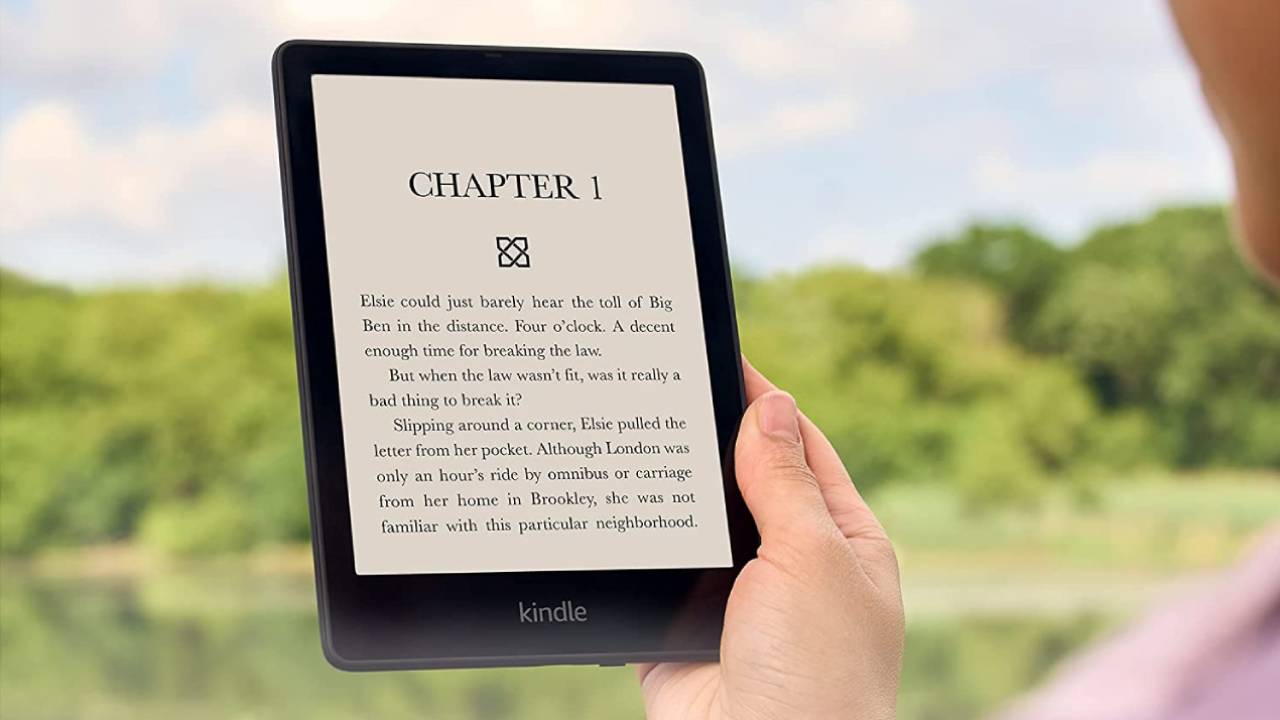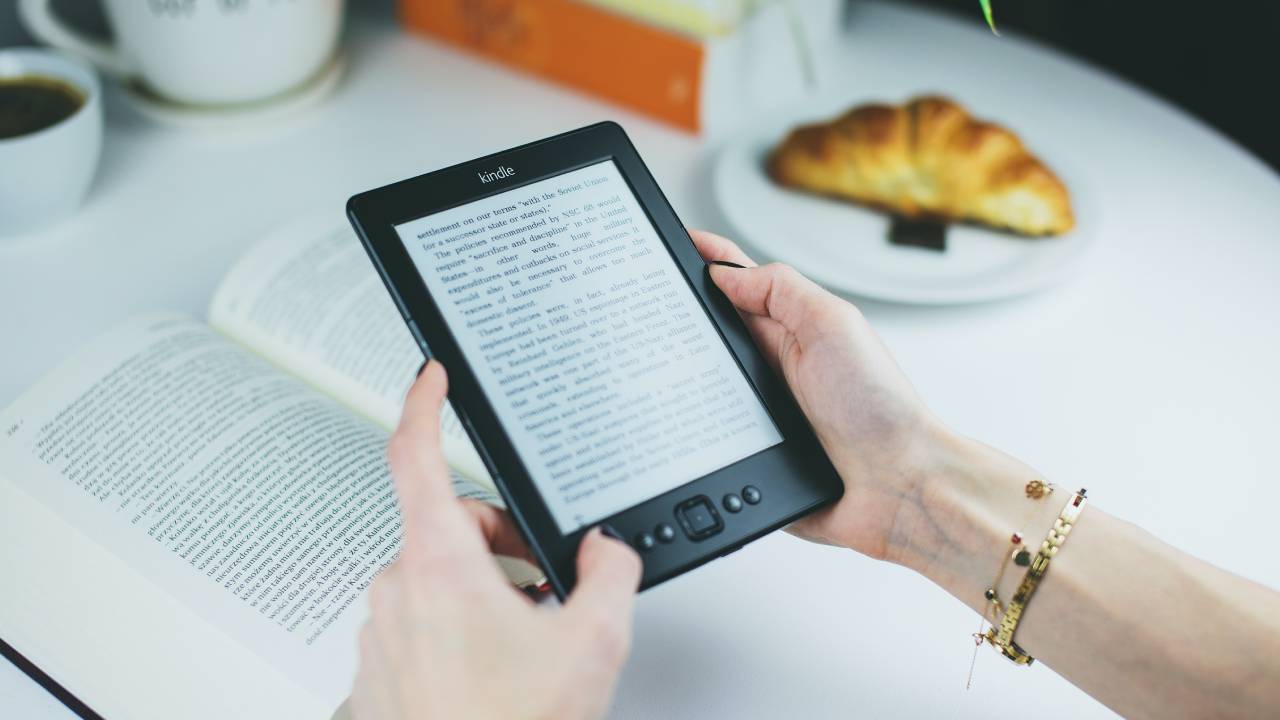

Can you use a Kindle as a tablet? A few years ago the answer was yes, because Amazon rather confusingly applied the Kindle brand not just to Kindle e-readers, but to its Kindle Fire tablets too. Now, though, the naming is much clearer: a Kindle is an e-reader, and Amazon's tablets are Fire tablets.
There are several reasons why you can't use a Kindle as a tablet. The first and most important one is that they use a different kind of display. Tablets have the same kind of displays as smartphones, which are glossy and updated tens or hundreds of times per second. Kindle e-readers have e-ink, which is much easier to read in directly sunlight and which is only updated when you turn the page. That means their battery life is tremendous, but it also means they can't respond like a smartphone or tablet display can respond. And so far, Amazon's e-ink displays are monochrome, not colour.
But while you can't use a Kindle as a tablet, you can use it for more than just books from the Kindle Store.

Amazon's Kindle: more than just Kindle books
There are several brilliant features that I really love about my Kindle. One of the best is Send To Kindle, which gives your Kindle a unique email address that you can use to send various kinds of documents directly to your e-reader. In addition to Microsoft Word documents your Kindle can also read HTML and rich text, EPUB books and PDFs and graphic files too.
Recent Kindles such as the Kindle Paperwhite also play audiobooks from Audible.com, which is Amazon's audiobook company. In addition to its paid-for titles it also has a lot of free content including some very good podcasts. All you need is a pair of Bluetooth wireless headphones or a Bluetooth speaker.
There's also a built-in browser you can use to access the web, although to be honest it's so painfully slow that you're likely to get really frustrated before you've even loaded anything. Its main advantage is that you can jump to linked content, such as references in non-fiction books; it's not something you'd want to use for any serious browsing though.
I think Amazon has been wise to keep the Kindle firmly focused on reading; it's better to do one thing really well than to do a few things poorly. When I want to do tablet things, I reach for my tablet – but when I want to read or listen to a book, it's Kindle time every time.
Get all the latest news, reviews, deals and buying guides on gorgeous tech, home and active products from the T3 experts
Writer, musician and broadcaster Carrie Marshall has been covering technology since 1998 and is particularly interested in how tech can help us live our best lives. Her CV is a who’s who of magazines, newspapers, websites and radio programmes ranging from T3, Techradar and MacFormat to the BBC, Sunday Post and People’s Friend. Carrie has written more than a dozen books, ghost-wrote two more and co-wrote seven more books and a Radio 2 documentary series; her memoir, Carrie Kills A Man, was shortlisted for the British Book Awards. When she’s not scribbling, Carrie is the singer in Glaswegian rock band Unquiet Mind (unquietmindmusic).
